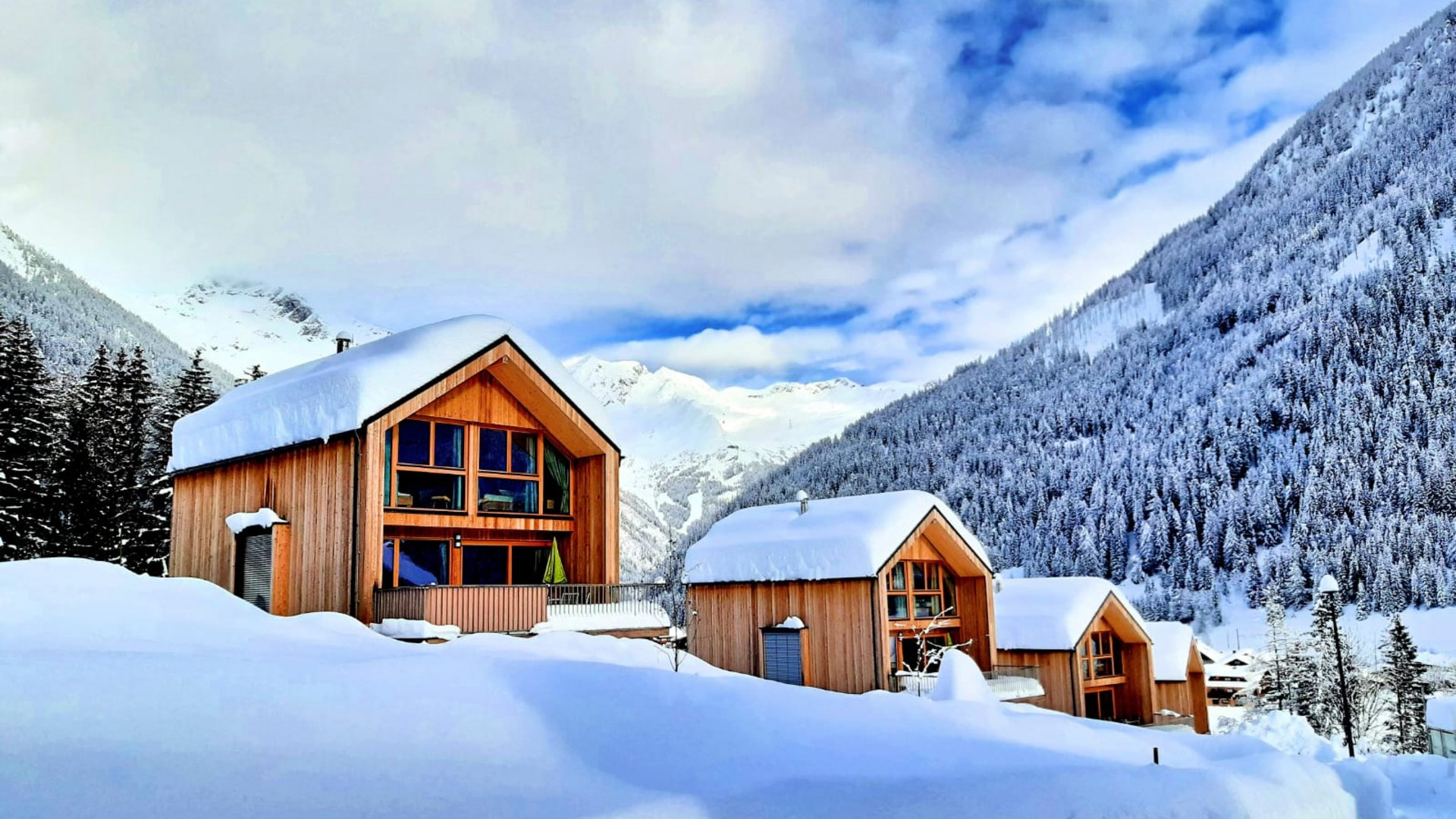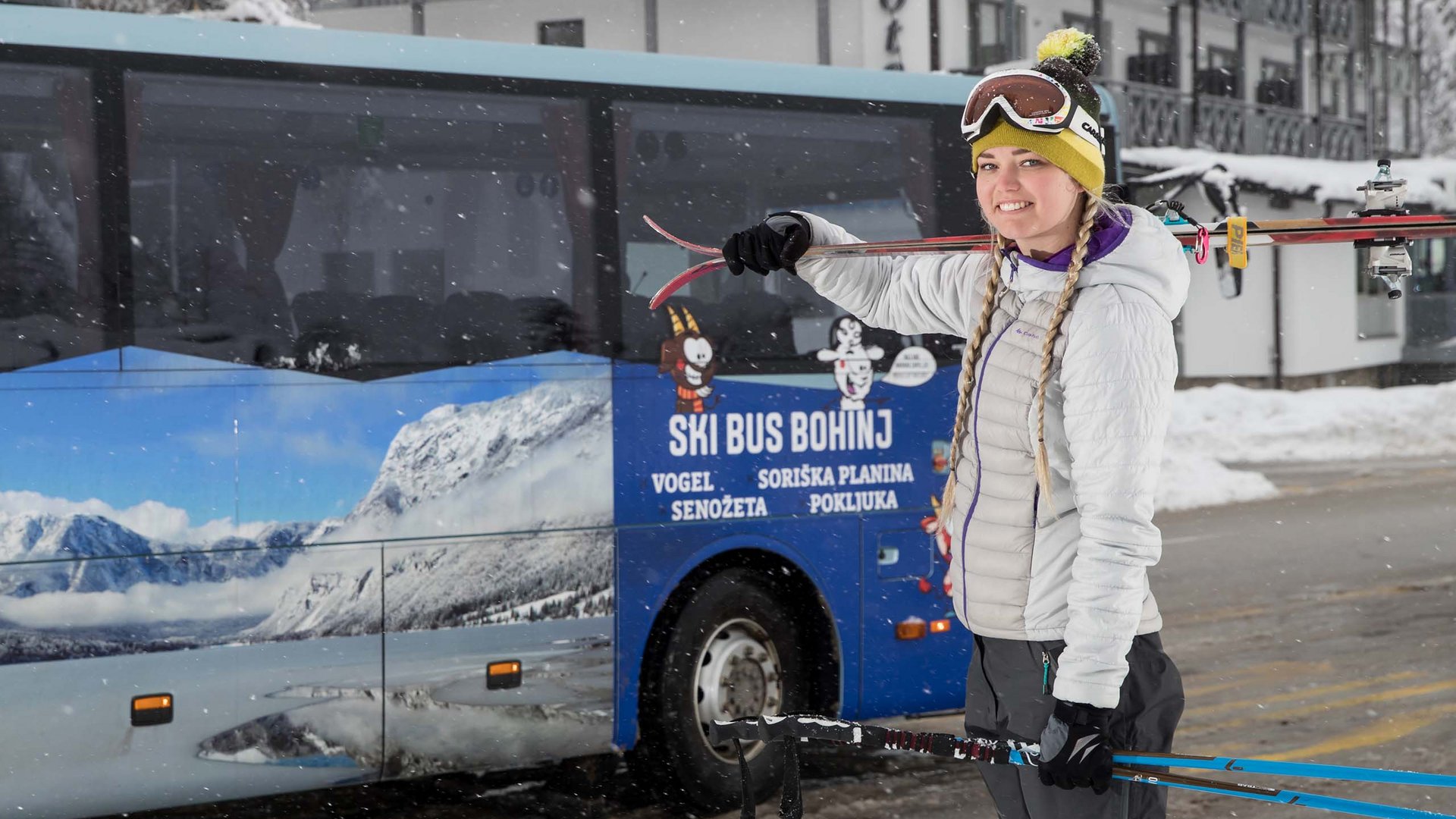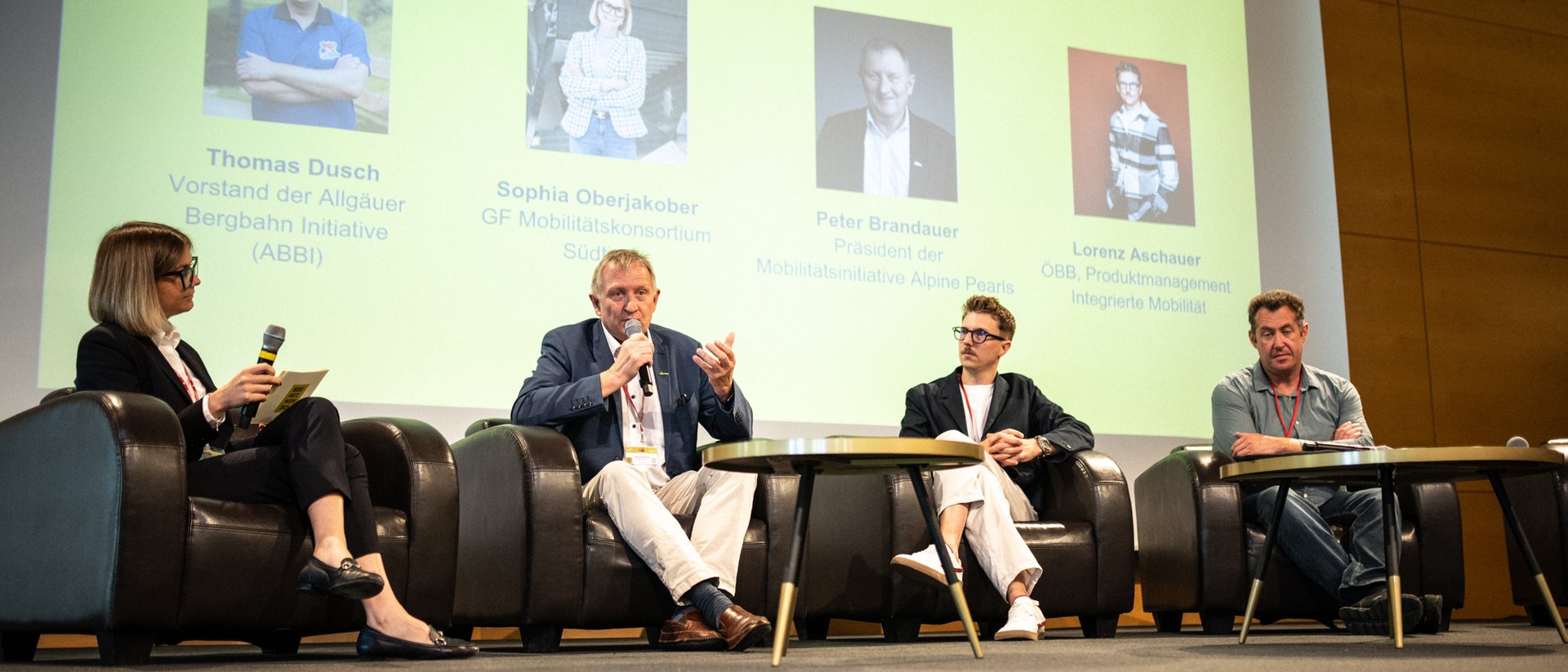
BergNetzWerk 2025: Sustainable Tourism in Focus
From 17 to 19 September 2025, Oberstdorf became the meeting place for around 150 experts from tourism, mobility, and the alpine economy. The new format BergNetzWerk, held under the motto “Resonance in the Mountains”, offered a platform for exchange, inspiration, and networking.
Oberstdorf impressed not only as a professional host but also with a clear commitment to sustainable tourism and soft mobility – central themes of the discussions and fully in line with the philosophy of Alpine Pearls.
Contributions and impulses
Among the speakers was Peter Brandauer, President of Alpine Pearls. In his talk, he emphasised that soft mobility goes far beyond transport planning: it creates resonance between guests and local communities, improves quality of life, and strengthens the identity of alpine regions. He also referred to experiences from member destinations such as Werfenweng, Mallnitz, Bohinj, or Cogne.
Other contributions added valuable perspectives:
- Kirstine Fratz, cultural and zeitgeist researcher, explained how social fractures give rise to new desires that alpine destinations can respond to with authentic offers.
- Mike Peters (University of Innsbruck) presented research projects on sustainable tourism models, stressing the importance of education and long-term perspectives.
- Anja Lämmerhofer (Alpsee BergWelt) showed how alpine destinations can position themselves successfully throughout the year, not only in winter.
A further highlight was the strong presence of cable car companies. Discussions underlined how cableways should increasingly be regarded not only as infrastructure for winter (or summer) sports, but as a fundamental part of an integrated public transport system, helping to reduce car traffic and related emissions.
Oberstdorf and Alpine Pearls – possible synergies
Although Oberstdorf is not yet part of the Alpine Pearls network, the organisation of BergNetzWerk demonstrated that the destination shares many of the core values of soft tourism and sustainable development.
For Alpine Pearls, it would be a great enrichment to collaborate in the future with destinations like Oberstdorf.
Conclusion
The BergNetzWerk Oberstdorf 2025 marked a successful debut for a new format of alpine cooperation. The contributions of the speakers, the impulses that emerged, and the strong commitment of the host made one thing clear: the future of alpine tourism lies in resonance, sustainability, and mobility without cars.
Author: Giovanni Vassena




